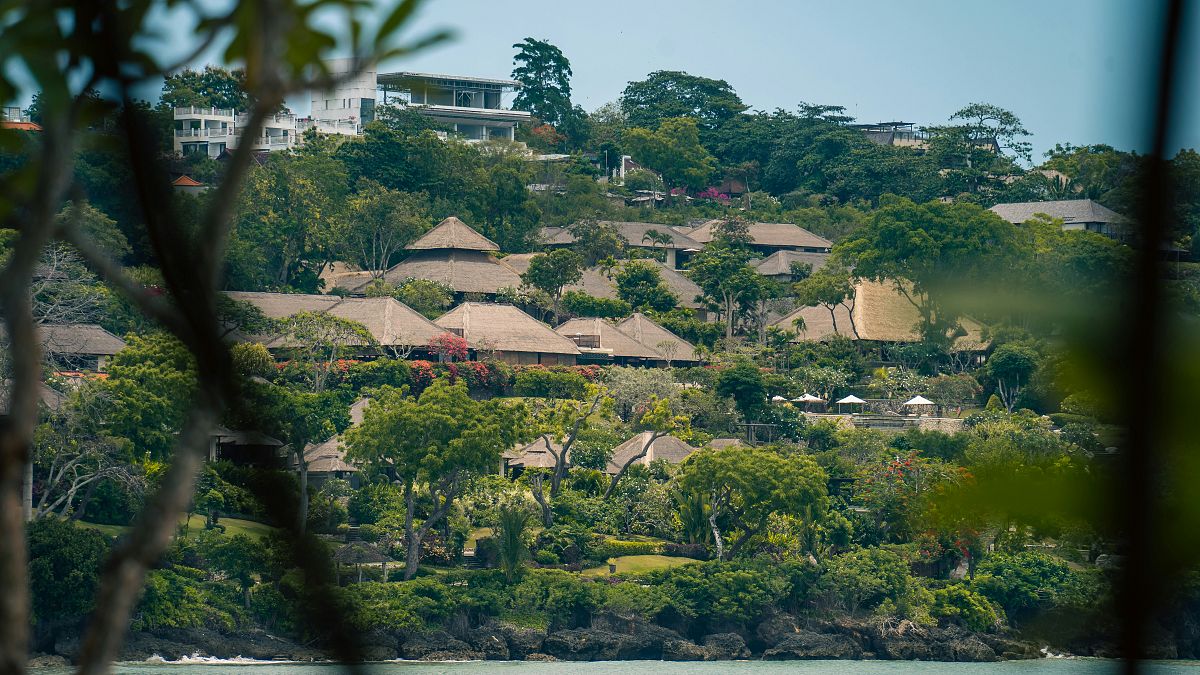Bali has long been a tourist honeypot, but the growing influx of visitors is putting pressure on local infrastructure and endangering the environment.
Concerned overtourism will become unmanageable, Indonesian authorities have brought in a temporary suspension on new hotel builds in some areas of the island.
The measure hopes to check overdevelopment and reduce strain on local services.
Since the removal of pandemic restrictions, tourism has made a swift recovery. In the first half of 2024, 2.9 million foreign visitors arrived via Bali airport, according to Indonesia’s statistics bureau.
Bali hotel ban may remain in place for a decade
The moratorium will apply to the construction of new hotels, villas and nightclubs in some areas of Bali.
Authorities have not confirmed how long the measure will be in place, but senior minister Luhut Pandjaitan was quoted by news website Detik as saying it could last for up to a decade.
The number of hotels in Bali has risen from 507 in 2019 to 541 in 2023.
Bali: ‘A 10 per cent increase could push us into overtourism’
As tourism has rebounded post-pandemic, Bali’s services have been feeling the strain.
Last month, tourism minister Sandiaga Uno warned that the situation in south Bali was verging on overtourism.
Residents are growing frustrated by the increased traffic and irresponsible behaviour of tourists.
Videos have emerged of visitors taking nude pictures at sacred sites, stripping naked and gatecrashing temple ceremonies, and flashing while riding a motorbike.
Around 200,000 foreigners live in Bali, which is driving unemployment and crime rates.
Bali is also now a popular place for digital nomads who base themselves on the island for months at a time.
In February, authorities introduced a tourist tax of 150,000 rupiah (€8.15) for foreign visitors in a bid to preserve its culture.
Officials also say they are planning a rail connection between the airport and popular tourist spots to ease pressure on heavily trafficked roads.
“A 10 per cent increase could push us into [overtourism] territory,” Uno was quoted as saying by national news agency Antara.
“We must avoid a situation like Barcelona, where tourists become public enemies.”


